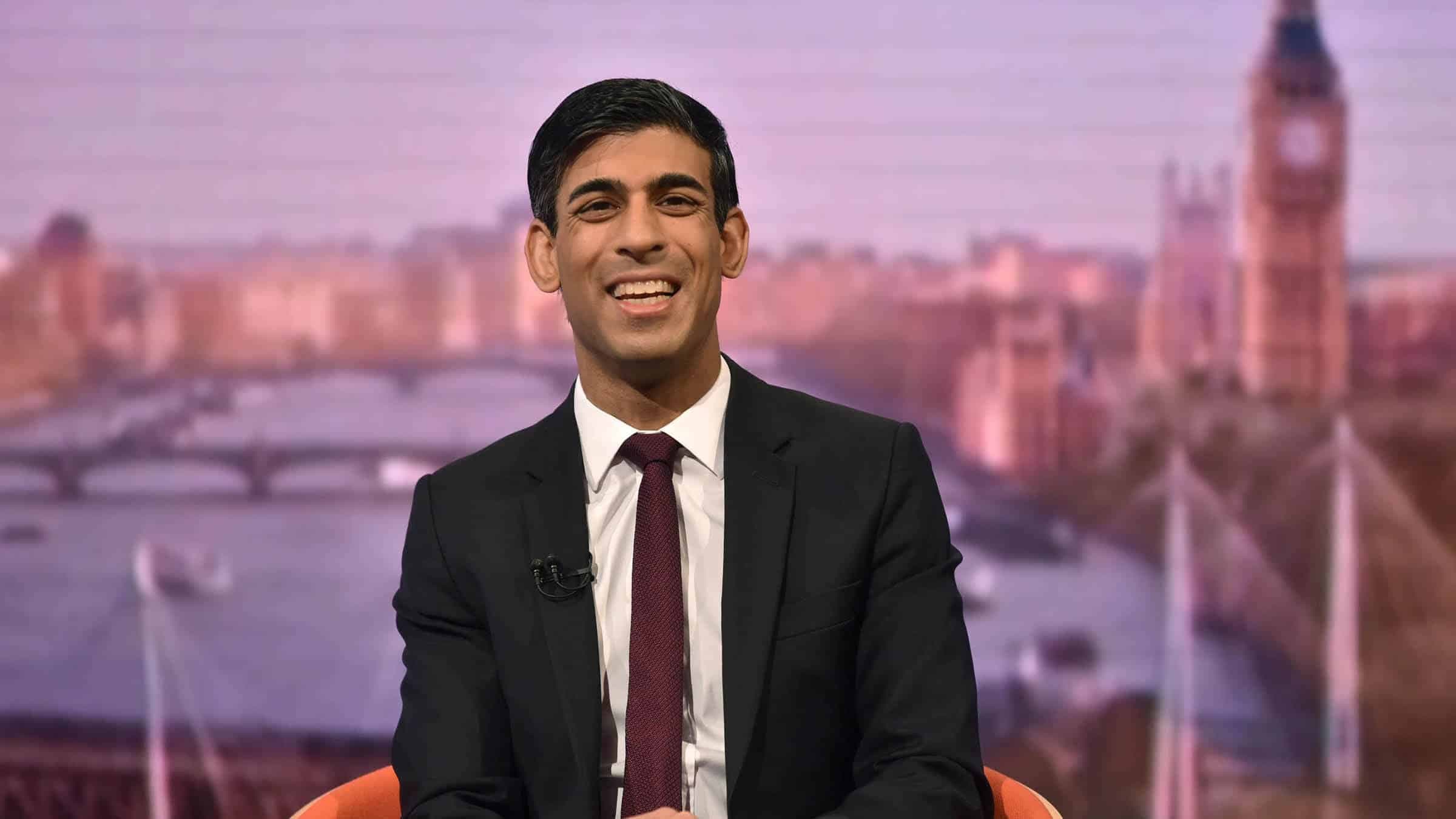From trans rights to abortion — here’s Rishi Sunak’s voting record and what it could mean for us

Rishi Sunak will take over from Liz Truss as Prime Minister of the UK. When he previously ran for leadership three months ago, he openly discussed his plans as Prime Minister. In July, Sunak tweeted: “If I become Prime Minister I will protect women’s rights and ensure women and girls enjoy the same freedom most males take for granted in feeling safe from assault and abuse”. It’s a noble sentiment, however, Sunak, alongside Truss, also opened up about his belief that transgender women are not women on TalkTV. Many said the pair were using an already marginalised group of people in their political football game.
But ultimately, one of the clearest ways to determine Sunak’s plans for the country is through his voting record. Here, we look at the new PM’s stance on LGBTQ+ rights, reproductive healthcare, and the environment to outline what could follow with his new leadership plans.
The new Prime Minister’s view on LGBTQ+ rights remains unclear throughout his voting history, as he has not been an MP long enough to vote for any significant changes. However, he did discuss the issue with LGBT+ Conservatives. “From ending new HIV transmissions by 2030, to addressing instances of hate crime, to fostering a more tolerant, accepting society – there are many areas we need to address to improve the lives of LGBT+ people,” said Sunak.
However, one of the LGBTQ+ votes he could have been present for was to extend same-sex marriage to Northern Ireland in 2019, yet we did not see any sight of Sunak. In a recent statement on Twitter, he claims to have “a clear plan to fix the biggest problems we face and I will deliver on the promise of the 2019 manifesto.” The only reference to LGBTQ+ people in the 2019 manifesto is as follows: “we will vigorously combat harassment and violence against all religious groups, and against LGBT people.”
As for transgender women’s rights, we have already seen the worrying view Sunak takes on the community when the PM race drew a close a few months ago. Sunak said he “absolutely” agrees with former Prime Minister Boris Johnson, who states that “when it comes to distinguishing between a man and a woman, the basic facts of biology remain overwhelmingly important.” Their testament was condemned by trans-rights charity Gendered Intelligence, who said their words set out to “dehumanise trans people by reducing us to our body parts and suggesting we run counter to the ‘basic facts of biology”.
Sunak further steadies his policies on the likes of women’s rights but has generally abstained from voting around reproductive healthcare. He did not vote on access to abortion, introducing buffer zones for healthcare clinics in the UK and making the pills-by-post scheme permanent, which allows abortion pills to be available at home. It is only in 2021 that Sunak voted in favour of enabling the Northern Irish secretary to commission abortion services.
Furthermore, Sunak voted to repeal the Human Rights Act 1988 and has shown support for replacing it with a Bill of Rights, saying that human rights law was a “problem” that was acting as an obstacle to government. Sunak has also stated being committed to reaching the government’s goal of net zero emissions by 2050, which was found “unlawful” in courts. With this in mind, the history of his votes favour measures that prevent climate change, are against financial incentives for low carbon emission electricity generation and keep a ban on building new onshore wind farms in place.

